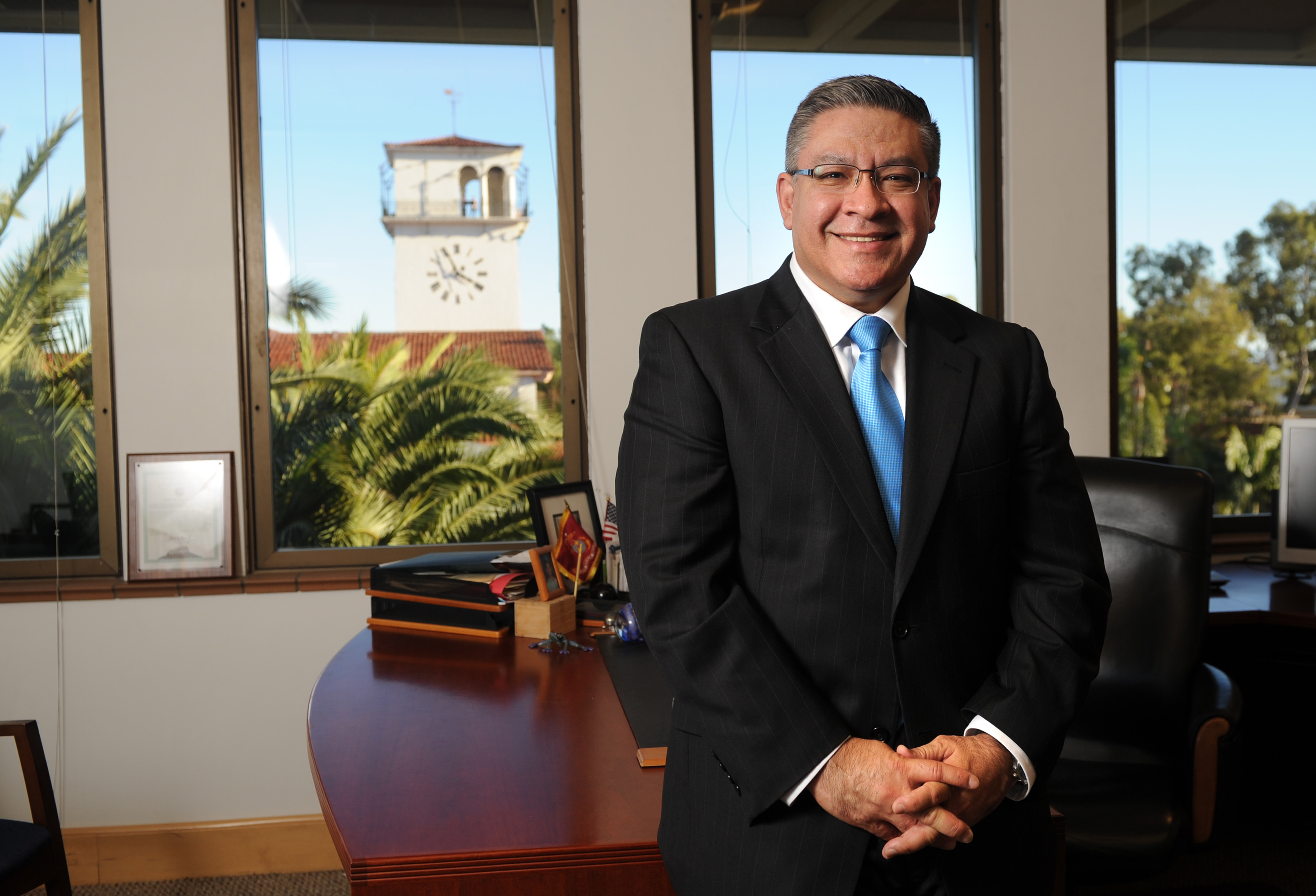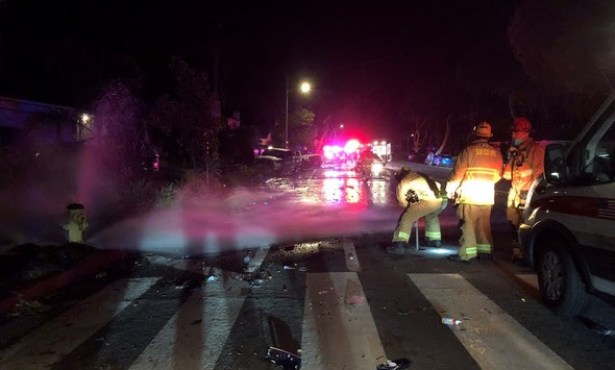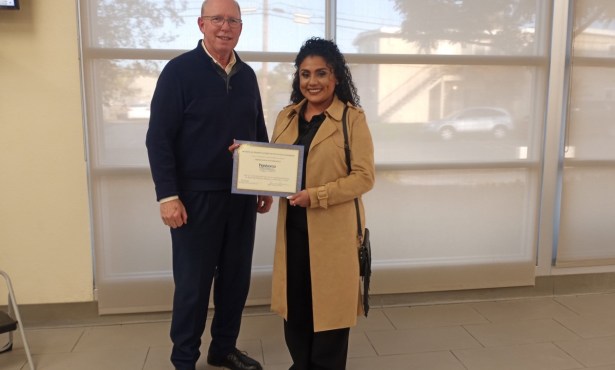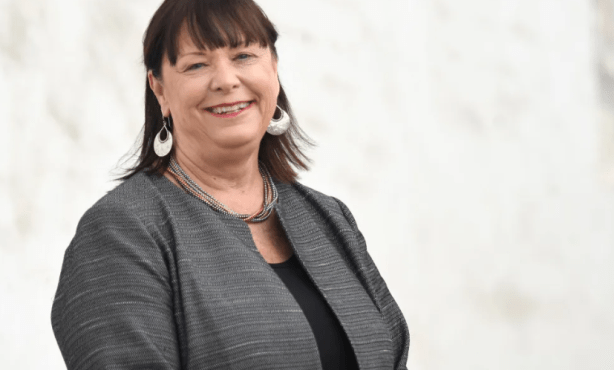Santa Barbara Representative Salud Carbajal on the Stimulus Package
Working with a Bipartisan Group Produced a Plan Both Sides Got Behind

After months of weekly Zoom meetings with lots of “hurry up and wait” drills, Santa Barbara’s Congressmember Salud Carbajal got the final notice late Monday night to vote in favor of a $908 billion federal stimulus package. He’d received the first written version of the 6,000-page bill just a few hours earlier. Who knew what was in it?
Members of Congress were broken up into seven or eight groups so they could safely enter Congress and then vote. “We had 5 to 10 minutes to go in, socially distance ourselves, and then cast our votes,” Carbajal said. Then they had to hurry up and get out. “You can’t just sit there,” he said. By 9 p.m., he said, it was all over. In some ways, Carbajal noted, the whole thing reminded him of his days in the military. “But I actually felt good,” he said. “I was able to make a bigger difference in this bill because of the framework we came up with.”
The “we” Carbajal referred to is the Problem Solvers Caucus, made up of 25 Democrats and 25 Republicans committed to pursuing bipartisan solutions at a time of unprecedented polarization. Carbajal, a member since 2017, said the group had been working on it for months. On December 3 — three weeks before the final vote — Carbajal joined the whole caucus at a press conference in support of the $908 billion bill.
In September, they had proposed a $1.5 trillion measure. But the Democratic leadership was pushing for a $2.2 trillion spending measure, and the Republicans were holding fast for $550 billion. Ultimately, a bipartisan group of eight Senators took up the same task as the Congressional Caucus, Carbajal said, using their spadework as a point of departure.
Get the top stories in your inbox by signing up for our daily newsletter, Indy Today.
With the presidential election resolved — except by Donald Trump — and an intense sense of national urgency that some relief measure be passed before Christmas, he said, leadership from both sides seized upon the work done by a group that had been dismissed by skeptics as ineffective and even worse by progressive like Bernie Sanders.
The end result, Carbajal said, was “not perfect” but still good. He would have preferred, he said, direct individual payments of $1,200 instead of the $600 ultimately agreed upon. He pushed for relief payments to local and state governments; this language — bitterly opposed by Republicans — never got written into any draft. But neither did the liability protection Republicans had demanded on behalf of companies that may have put their employees at risk.
The $300 a week in supplemental unemployment assistance — good through March 14 — is not as much as the Problem Solvers initially wanted, but it will still make a meaningful difference, Carbajal said, as will the eviction moratorium and the $25 billion in rent relief, which can be applied for by either tenants or landlords. Students will get more debt forgiveness and will be eligible to apply for food stamps.
The requirements for small businesses seeking Paycheck Protection Program loans, he said, will be far more flexible than in the first stimulus bill. Businesses that borrowed less than $100,000 will be eligible for debt forgiveness. The majority of PPP loans issued to businesses in Carbajal’s district — which includes Santa Barbara and San Luis Obispo counties — would qualify for such forgiveness.
Last time around, he said, immigrants “got screwed” when it came to individual payments; if any member of a person’s family was in the country illegally, he stated, then all members of that family were excluded from such payments whether they were legal or not. “I really fought for this one,” he said. Not only has the rule been dropped, he said, but the change is effective retroactively. That means people denied their $1,200 before are now eligible to receive it.
Many economists have argued that the size of the stimulus package is still too small to keep the economy aloft. Quoting President-elect Joe Biden, Carbajal called it “a down payment,” vowing there would be more to come.
President Trump has reviled the terms of the stimulus deal, insisting that the individual payments should be $2,000, not $600. Trump notably played no direct role throughout the negotiations and the margin of victory in both houses appears to be wide enough to render it invulnerable to a presidential veto, which could nonetheless trigger a year-end government shutdown and delay stimulus checks.
Carbajal contracted COVID himself early this fall, emerging from quarantine in mid-October. At his worst, Carbajal said he felt he needed a wheelchair; he had no appetite, no energy, and was beset with aches and pains. Even now, he said he gets bone aches in his hips, back, and pelvis. “It can be painful,” he said.
Every day, the staff of the Santa Barbara Independent works hard to sort out truth from rumor and keep you informed of what’s happening across the entire Santa Barbara community. Now there’s a way to directly enable these efforts. Support the Independent by making a direct contribution or with a subscription to Indy+.



